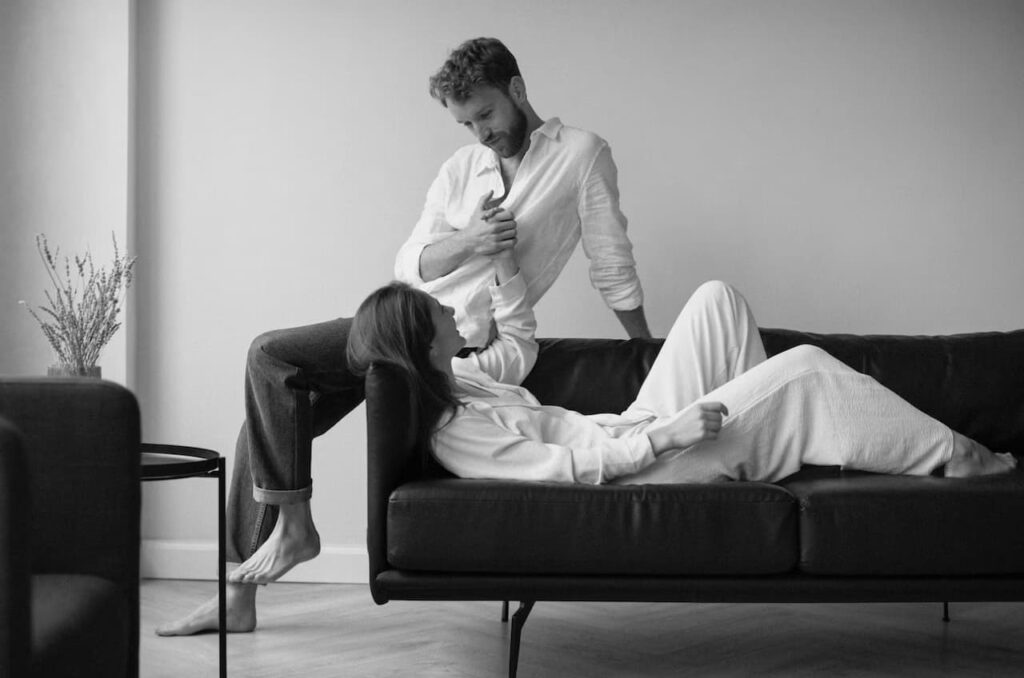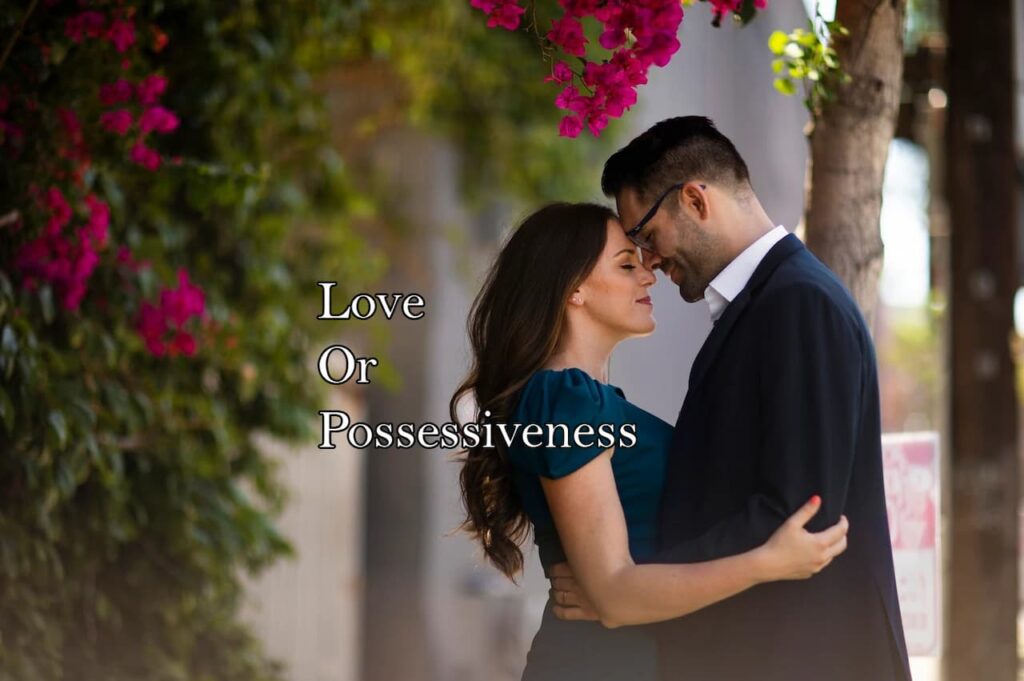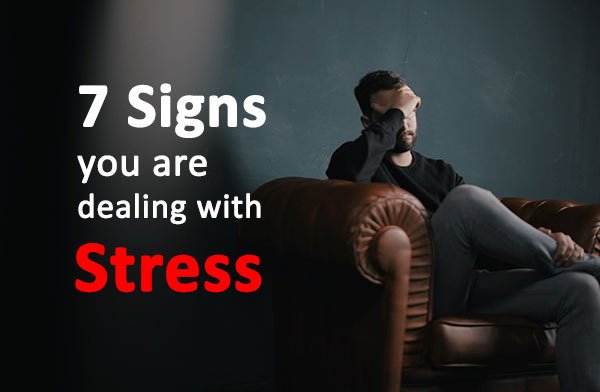Talk to a Psychologist for Online Counselling
Book Appointment Now 100% Private & Secure
Convenient, 100% anonymous, safe, certified professional counseling online.Love and possessiveness are two emotions that are often conflated and misunderstood. While they may seem similar on the surface, they are actually quite different and can have very different consequences in relationships.
Love involves a complicated blend of emotions, actions, and beliefs that are accompanied by strong feelings of affection, protectiveness, warmth, and respect for the other individual. It is characterized by a deep attachment and commitment to the well-being of the loved one. Love is selfless and involves a desire to see the other person happy and fulfilled.


Possessiveness, on the other hand, is characterized by a desire to control and dominate another person. It is fueled by fear, insecurity, and a lack of trust in the relationship. Possessive individuals may be overly jealous and territorial and may try to control their partner’s behaviour, thoughts, and feelings. They may also try to limit their partner’s social interactions, independence, and personal growth.
While love and possessiveness may sometimes coexist in a relationship, they are not the same thing. Love is based on mutual respect, trust, and a desire to support and care for the other person. Possessiveness, on the other hand, is based on a lack of trust and a desire to control and dominate the other person.
What is Posessive Love?
Possessive love is a type of love that includes a strong desire to control and dominate the other person with whom one is in a relationship. This kind of love frequently results from a fear of being alone or a worry of losing the lover to someone else. When it comes to their interactions with friends and family, particularly, a possessive partner may feel jealous or insecure. They might monitor their partner’s movements, limit their social interactions, and make continual demands for attention.
Possessive love can emerge from strong feelings of adoration and loyalty, but it can also be a sign of an unhealthy attachment style, which can lead to manipulative and abusive behaviour. It’s critical to spot the telltale indications of possessive love and get support if these behaviours start to appear frequently in a relationship.
Difference between Love and Possessiveness
There are several key differences between love and possessiveness:
Motivation
Love is motivated by a desire to care for and support the other person, while possessiveness is motivated by a desire to control and dominate the other person.


Trust
Love involves trust and a willingness to allow the other person to have their own autonomy and independence. Possessiveness, on the other hand, is often fueled by a lack of trust and a need to control the other person.
Respect
Love involves respect for the other person’s autonomy, feelings, and needs. Possessiveness, on the other hand, often involves a lack of respect for the other person’s autonomy and a desire to control their behaviour and thoughts.
Communication
Love involves open, honest, and respectful communication. Possessiveness may involve manipulation, coercion, or other unhealthy communication tactics.


Boundaries
Love involves respecting the other person’s boundaries and allowing them to have their own space and independence. Possessiveness may involve violating the other person’s boundaries and trying to control their behaviour and choices.
It’s important to recognize the differences between love and possessiveness in relationships. Possessiveness can be harmful and toxic, leading to feelings of suffocation, resentment, and emotional abuse. Love, on the other hand, is a positive and healthy emotion that can bring joy, fulfilment, and a deep sense of connection to others.
If you are in a relationship and feel like you are being overly possessive or controlling, it’s important to take a step back and reflect on your motivations and behaviours. Are you acting out of love or out of a desire to control and dominate your partner? Are you respecting their boundaries and allowing them to have their own autonomy and independence? If not, it may be time to work on building trust and communication in your relationship and letting go of possessive behaviours.
Tips for Introspection and Self-reflection
Here are some tips for introspection and offering the best of yourself in a relationship:
Reflect on your values and priorities
What is important to you in a relationship? What values and qualities do you want to bring to the relationship? By understanding your own values and priorities, you can make sure that you are aligning your actions with what matters most to you.


Identify your strengths and weaknesses
Take some time to reflect on your strengths and areas where you may need to work on or improve. By understanding your own strengths and weaknesses, you can focus on bringing your best self to the relationship and working on areas where you may need to grow.
Communicate openly and truthfully
Open and honest communication is key to any healthy relationship. Make sure to share your thoughts, feelings, and needs with your partner, and listen actively to what they have to say as well.
Practice empathy and understanding
Empathy and understanding are important qualities in any relationship. Make an effort to try and see things from your partner’s perspective, and show them that you care about their feelings and needs.


Cultivate self-awareness
Self-awareness is the ability to recognize and understand your own emotions and behaviours. By cultivating self-awareness, you can better understand what drives your actions and how they may be affecting your relationship.
Practice self-care
Taking care of yourself is crucial to being able to offer the best of yourself to your partner. Make sure to prioritize your own well-being by getting enough rest, exercise, and nourishment.


In conclusion, while love and possessiveness may seem similar on the surface, they are actually quite different emotions with very different consequences in relationships. Love is a healthy and positive emotion that involves respect, trust, and a desire to support and care for the other person. Possessiveness, on the other hand, is unhealthy and toxic and involves a desire to control and dominate the other person. It’s important to recognize the differences between love and possessiveness in relationships and to work towards building healthy, positive, and loving connections with others.
By practising introspection and self-reflection, you can better understand yourself and what you can bring to your relationship. By bringing your best self to the table, you can foster a stronger, more fulfilling, and more loving connection with your partner.


Get in touch with Psychologists and Counsellors at OnlineCounselling4U
OnlineCounselling4U offers the best counselling service for relationship issues, marital issues, low self-esteem and break-ups. You can find certified psychologists and relationship counsellors who speak your own language and that too while you are in your own comfort place, your home. You can have one on one sessions without breaching confidentiality. You can talk to the psychologists freely because in OnlineCounselling4U psychologists are non-judgemental, open-minded and accepting in nature. You can book your appointments for any time of the day. Psychologists are always ready to help you with your issues.
Call us to book a session today.
Contact us at +91 9811335150
Email us – info@onlinecounselling4u.com
Follow us on Facebook or Instagram
Talk to a Psychologist for Online Counselling
Book Appointment Now 100% Private & Secure
Convenient, 100% anonymous, safe, certified professional counseling online.

